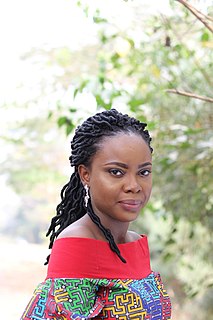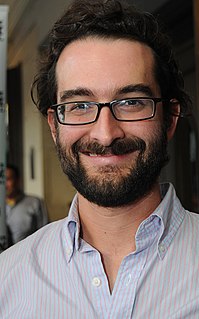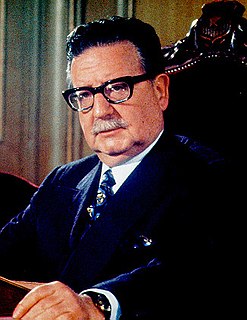A Quote by Fernando Perez
There was a time when emigration from Cuba was a definitive separation. There were no visits. In the '80s, '90s, it was incredibly difficult. I'm not the only one interested in this as a filmmaker - other Cuban filmmakers have dealt with it, too, because it's such a part of our reality.
Related Quotes
They're willing to accept changes on the part of the U.S. that contribute to more money entering Cuba so they can benefit. But in terms of political changes on the island, an opening, etc., that won't happen, that won't change, and I've always said that, from the beginning. I've even said that it doesn't matter how many tourists who to Cuba, how many times the President visits Cuba; there won't be any changes in the Cuban government's posture. And that is the same as always.
I'm still very interested in the things that happened in the '80s and the '70s because I think that they were very important years for Nigeria. In the '80s, we were under a military dictatorship for quite a while, and I think that the way we engage with our country as citizens was shaped in many ways by the events that took place in that time.
Faith leaders, young people, American companies, human rights advocates, and many others have demonstrated a unique interest in our Cuba policy. But no community cares more deeply about these issues than Cuban Americans - young and old - who have maintained a profound interest in Cuba and an abiding faith in the Cuban people.
Cuba is actually one where I am more optimistic because of the unique nature of Cuba - 90 miles off our shore with a massive ex-patriot population, now Cuban-American population that still have deep links to the island. There I am more confident that over time that the winds of commerce and telecommunication and travel start shifting the nature of that regime. But that's a small country which has almost a unique relationship to us.
I have been to Cuba many times. I have spoken many times with Fidel Castro and got to know Commander Ernesto Guevara well enough. I know Cuba's leaders and their struggle. It has been difficult to overcome the blockade. But the reality in Cuba is very different from that in Chile. Cuba came from a dictatorship, and I arrived at the presidency after being senator for 25 years.



































